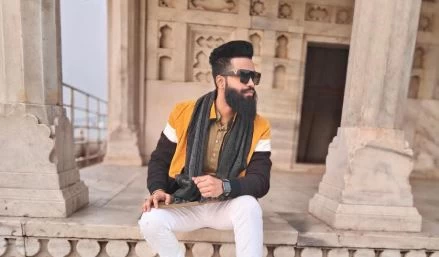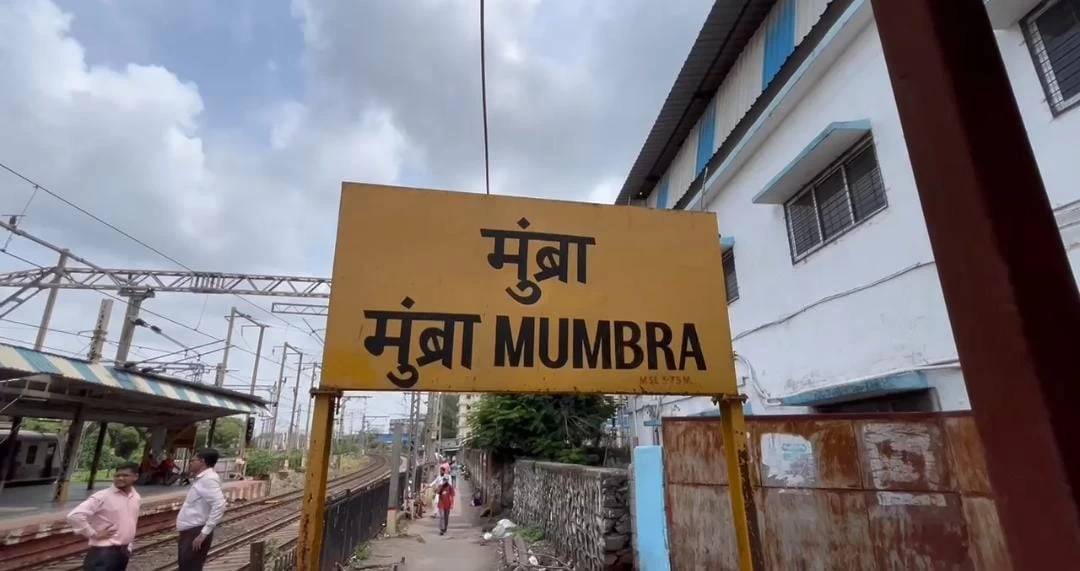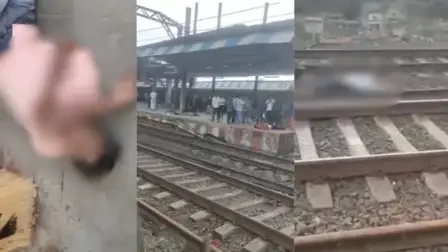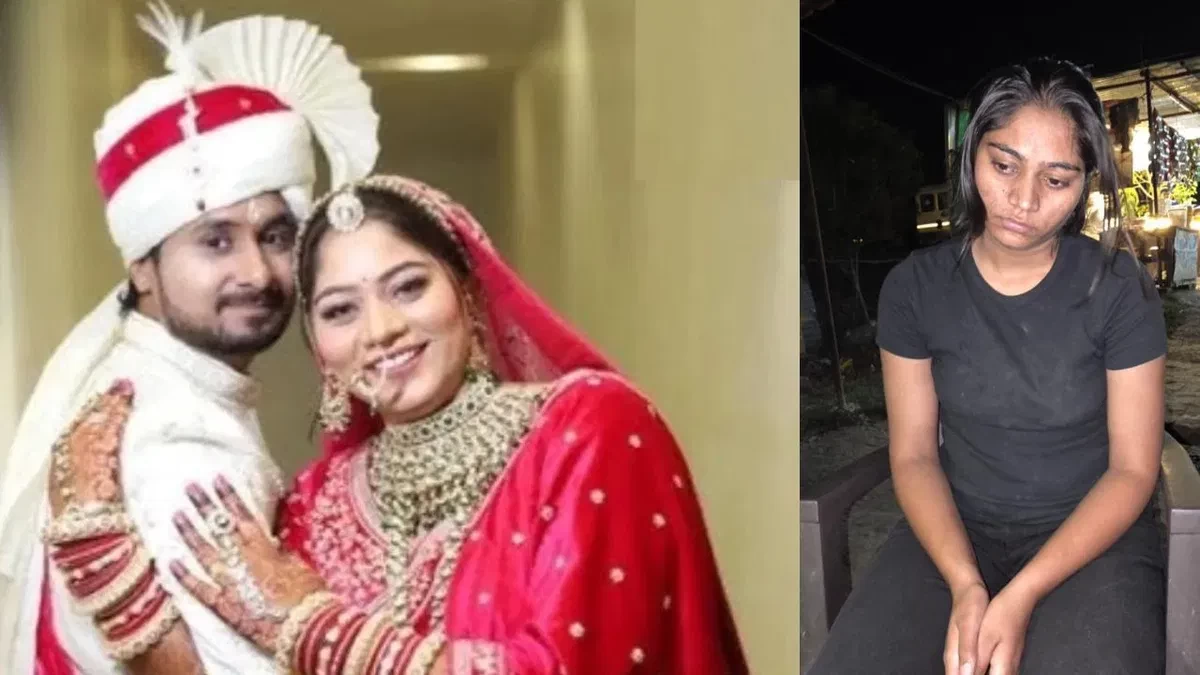Latest Updates
“Temple Under The Mosque” Surveys Paused For Now By Supreme Court, Orders Centre To Respond
.webp)
In a significant ruling, the Supreme Court of India on Thursday directed all courts across the country to refrain from entertaining any new petitions or passing orders in existing suits that seek archaeological surveys of religious places including mosques to determine whether temples exist beneath them. The Top Court’s decision effectively freezes such legal proceedings pending further examination.
“This pause will remain in effect till this matter is heard next - which will be in four weeks' time, when the government will respond to petitions against the Places of Worship Act”, the special bench said
The ruling came while the court was hearing several petitions challenging the constitutional validity of the Places of Worship (Special Provisions) Act, 1991, a law that was enacted to maintain the religious character of all places of worship as they existed on August 15, 1947.
The petitioners, who have approached the courts in recent months, argue that the Places of Worship Act infringes on the rights of Hindus, Jains, Buddhists, and Sikhs, denying them the opportunity to reclaim religious sites they claim were destroyed during historical invasions. They argue that the law restricts their ability to seek judicial remedy for the restoration of places they believe hold religious and historical significance.
The Special bench, headed by the Chief Justice of India Sanjiv Khanna along with Justice Sanjay Kumar, and Justice KV Viswanathan, which was hearing the matter, clarified on Thursday that it was currently examining the “vires, contours, and ambit” of the 1991 Act. This suggests that the court may engage in a detailed scrutiny of the law's provisions in upcoming hearings but for now the stay has been imposed on such ‘disputed’ surveys.
Surveys Paused
The court's order came amidst a surge of petitions filed in various parts of India, asking for archaeological surveys of mosques to confirm claims that Hindu temples lie beneath their structures. Violence that erupted outside the Jama Masjid in Sambhal on November 24 had claimed at least five lives. This after On November 19, a civil suit was filed in the district court in Sambhal claiming that the mosque was built on the remains of a “Shri Hari Har Temple”. There are eight petitioners in the case, the lead petitioner being advocate Hari Shankar Jain, who is also involved in the legal challenges made with regard to the Gyanvapi mosque in Varanasi and the Shahi Idgah in Mathura. The court had ordered a survey which eventually led to violence.
The Sambhal case follows the controversies surrounding the Gyanvapi mosque in Varanasi and the Shahi Idgah mosque in Mathura. In both cases, petitions alleging the presence of Hindu temples beneath the mosque structures have sparked intense legal battles, religious tensions, and communal debates.









